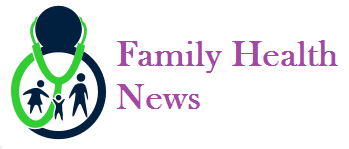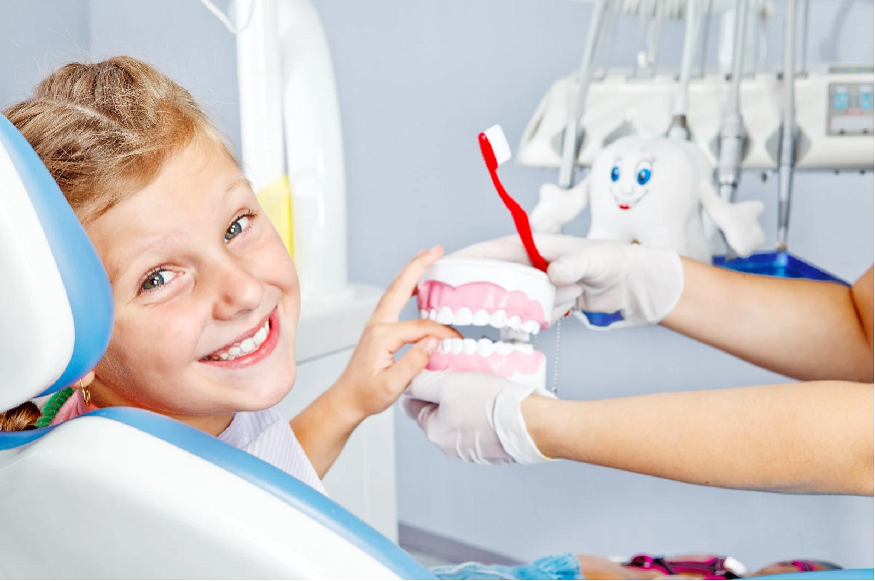Sugar alternatives can be a lifesaver for people who are watching how much sugar they eat. They let us eat sweets without feeling bad about it because they are bad for our health.
What about our teeth, though? Does sugar-free candy really help our teeth, or is it all just a sugary myth?
Let us look into the world of man-made sweets and see what is true and what is not. A reputable dental office in Encinitas can help you learn more about how to keep your smile healthy.
Why regular sugar is the biggest enemy of your teeth.
Regular table sugar, which is also called sucrose, is the main cause of tooth decay. The germs in our mouths love it when we eat sugar. These bacteria eat sugar and make acid as a waste product.
Tooth enamel is the hard top layer that protects our teeth. This acid wears away at it. This wear and tear can cause holes over time. Cutting back on sugar lowers the risk of tooth decay by a large amount.
How sugar substitutes stack up against sugar.
The good news is that most sugar alternatives do not give bacteria that cause cavities the same kind of food. Because they are not broken down the same way as sugar, they do not cause acid to be made. So, they might be better for our teeth than regular sugar because of this.
Here is a better look at some common sugar alternatives and how they can hurt your teeth:
1. Xylitol.
Xylitol is a natural sweetener that you can find in many fruits and veggies. It is great for your teeth. Researchers have found that xylitol can stop the growth of bad bacteria in the mouth and even help weak tooth enamel get stronger again.
2. Stevia.
Another great choice for teeth is stevia, which comes from plants. Stevia does not give you cavities, and it might even help keep plaque from building up.
3. Aspartame and Sucralose.
Aspartame and Sucralose are two fake sweeteners that are thought to be safe for teeth because they do not cause cavities. However, some studies show that they might have a secondary effect on oral health by changing how we taste things and possibly making us crave more sugar.
While sugar alternatives are better for your teeth than sugar in general, do not think that they let you eat all the sweet treats you want.
In large amounts, some sugar alternatives, especially sugar alcohols like sorbitol, can make you go to the bathroom. It is always best to eat them in balance and keep up with good oral health, like cleaning twice a day and flossing every day.
Sugar-free does not mean cavity-free.
Sugar alternatives are better for your teeth than sugar, but keep in mind that they are not a miracle cure. A lot of goods that do not have sugar still have carbs in them, which the body can turn into sugar.
Also, some sugar-free snacks and sweets may have acidic ingredients that can wear away tooth enamel. So, even if you use sugar replacements, it is still important to brush your teeth regularly and limit sweet treats.
In moderation, sugar substitutes can be a sweet ally for your smile.
Sugar alternatives can help people who want to protect their teeth and cut down on the sugar they eat. Xylitol and stevia are great for your teeth and gums if you use them in moderation.
Artificial sweets like aspartame and sucralose are usually safe for teeth, but you should be aware of their possible side effects and always put good oral care first. Remember that sugar-free does not always mean cavity-free, so be smart about what you eat!
Take care of your smile and make an appointment for a dentist checkup. Go to the dentist today to get expert care.

